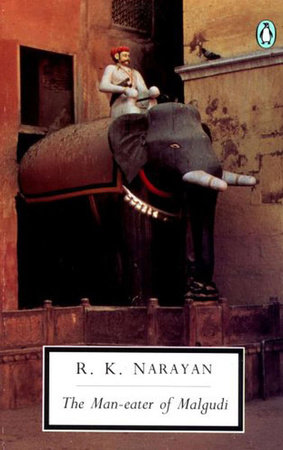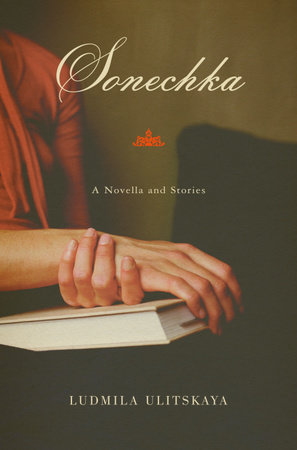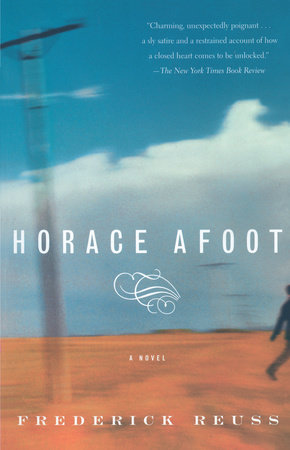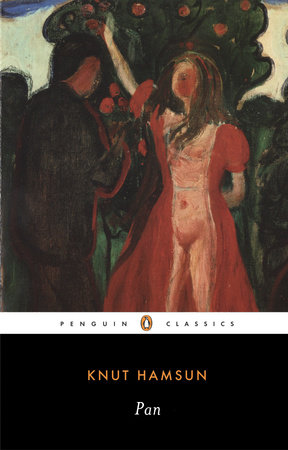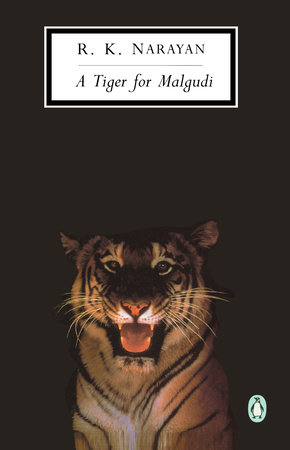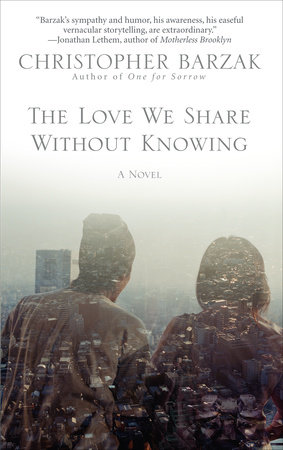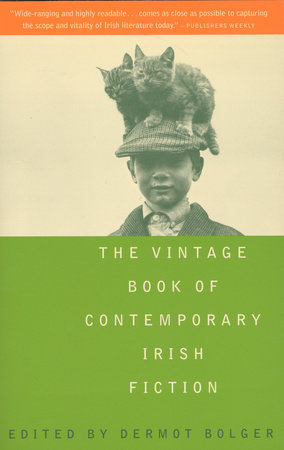Q: It’s very unusual not to learn the name of a novel’s main character. Why did you decide to keep your narrator anonymous? Is there any literary precedent for this?
A: Obviously, it’s a conscious choice on the narrator’s part not to reveal his name, the conceit being that he does not wish to be identified. If it’s shameful and humiliating for a woman to admit that she’s been raped, then how much more so for a man, that’s the idea. Despite the title of the book, there are, in the end, certain things that he does not–will not–reveal.
Is there a literary precedent? I can only think of Max de Winter’s second wife in Daphne du Maurier’s Rebecca who refers to herself quite deliberately as Mrs. De Winter. Her true name is never revealed. I was not thinking of literary precedents at the time however. My mind doesn’t work in that way. The character’s anonymity was just something that developed naturally out of the material.
Q: How have women readers responded to the novel’s reversal of gender roles or its placing of women in the positions of sexual power and the man as the object of their pleasure and humiliation?
A: So far women’s reactions have spanned the entire spectrum, everything from accusations of misogyny to an absolute and emotional identification with the narrator’s predicament. It was only recently that it occurred to me that female readers would be more equipped to identify with the narrator than most male readers. Interestingly, the only hostile reviews I’ve had have been from men. I think men are rendered more uneasy by the central preoccupations of the novel–i.e. the notion of being deprived of power and control, of being rendered ornamental. Simone de Beauvoir once said, "One is not born a woman, one becomes one." Could this now also be true of men?
Q: Why did you decide to switch from first to third person narration for the period of the narrator’s captivity?
A: The third person narrative establishes distance. Once again, it’s a device that conveys the extent of the narrator’s trauma. He tells the story in the third person because that’s as close as he can get; he is pretending that it happened not to him but to someone else, someone he will never meet, a stranger. Only when he is trying to reconcile himself to what has happened can he begin to use the first person. It was this aspect of the construction of the novel that made me realise that it was in some sense a distillation of everything I have written so far. Most of my previous novels use a dualistic approach, moving between two different voices, two different characters. In The Book of Revelation I also employ two different voices–but they both belong to the same character.
Q: Could you talk about the germination of the novel? Is it based in any way on real events? Did you begin with the intention of exploring the effects of sexual abuse?
A: A book usually lives in my head for quite some time before I start work on it. I leave it there, in the back of my head, and over a period of months, or even years sometimes, it begins to change, to grow–to mature. The process feels curiously organic. With The Book of Revelation none of that happened. There was no germination–at least not that I was aware of. The book was just suddenly there. In fact, the time that elapsed between knowing the book was there and starting work on it was less than twenty-four hours–and the first draft came very quickly. I started writing on October 1st 1995 and by October 29th I had finished it. One hundred and forty-three pages in 29 days. It was a curiously William Faulkner-like experience (he is supposed to have written As I Lay Dying in six weeks–except that he wrote the whole book in that time whereas it would take me another two years to complete The Book of Revelation).
Q: Which contemporary American writers do you read and admire? Do you find that American audiences react differently to your work than British audiences?
A: I admire the following contemporary American writers: Richard Ford, Toni Morrison, Tobias Wolff, William Vollman, Don DeLillo, Jayne Anne Phillips, Cormac McCarthy, and Barry Lopez. Dead American writers I admire would definitely include Paul Bowles, Flannery O’Connor and William Faulkner.
Q: So much of your novel seems to be about concealment and the limits of knowing. Why did you choose The Book of Revelation as your title? Do you want readers to make any specific connections with the biblical book of Revelation?
A: The title The Book of Revelation only presented itself while I was writing the final draft. It had previously been called The Book of Nakedness. I thought that title had a pleasing Milan Kundera feel to it until a friend told me it sounded pretentious. Then I noticed that the word "reveal" cropped up quite frequently in the text. It was almost woven into the tapestry of the novel. From there it was a short (but daring) jump to The Book of Revelation.
Q: The author biography on the book’s jacket is very brief. What else can you reveal to us about your life thus far?
A: Like many writers, I started off with a rather elaborate bio (see any edition of my first novel, Dreams of Leaving). Inevitably, perhaps, journalists spent more time talking about my life than they did about the novel–or at least that’s how it felt. I wanted to discourage that. The bio dwindled. Perhaps I’ve gone too far the other way, though–i.e., it’s so short that it positively invites curiosity. So here, for the record, is a skeleton version of my life:
* Graduated from Cambridge University in 1976, aged 20.
* Traveled in America, Canada and Mexico. Moved to Athens, Greece, early 1977. Tried to write a novel. Failed.
* Moved to London 1978. Worked as a copywriter in various advertising agencies for the next four years. Retired 1982
* Moved to Italy autumn 1982. Started another novel. 1982-1986 lived in Berlin, New York, Tokyo. Worked intermittently on the novel and various short stories. Returned to London 1986. Completed the novel.
* Dreams of Leaving published June 1987.
* Since 1987 I have lived in Sydney, Los Angeles, Zanzibar, Amsterdam, and Rome, and have published five more novels–The Five Gates of Hell (1991); Air and Fire (1993); The Insult (1996); Soft! (1998); and The Book of Revelation (1999).






